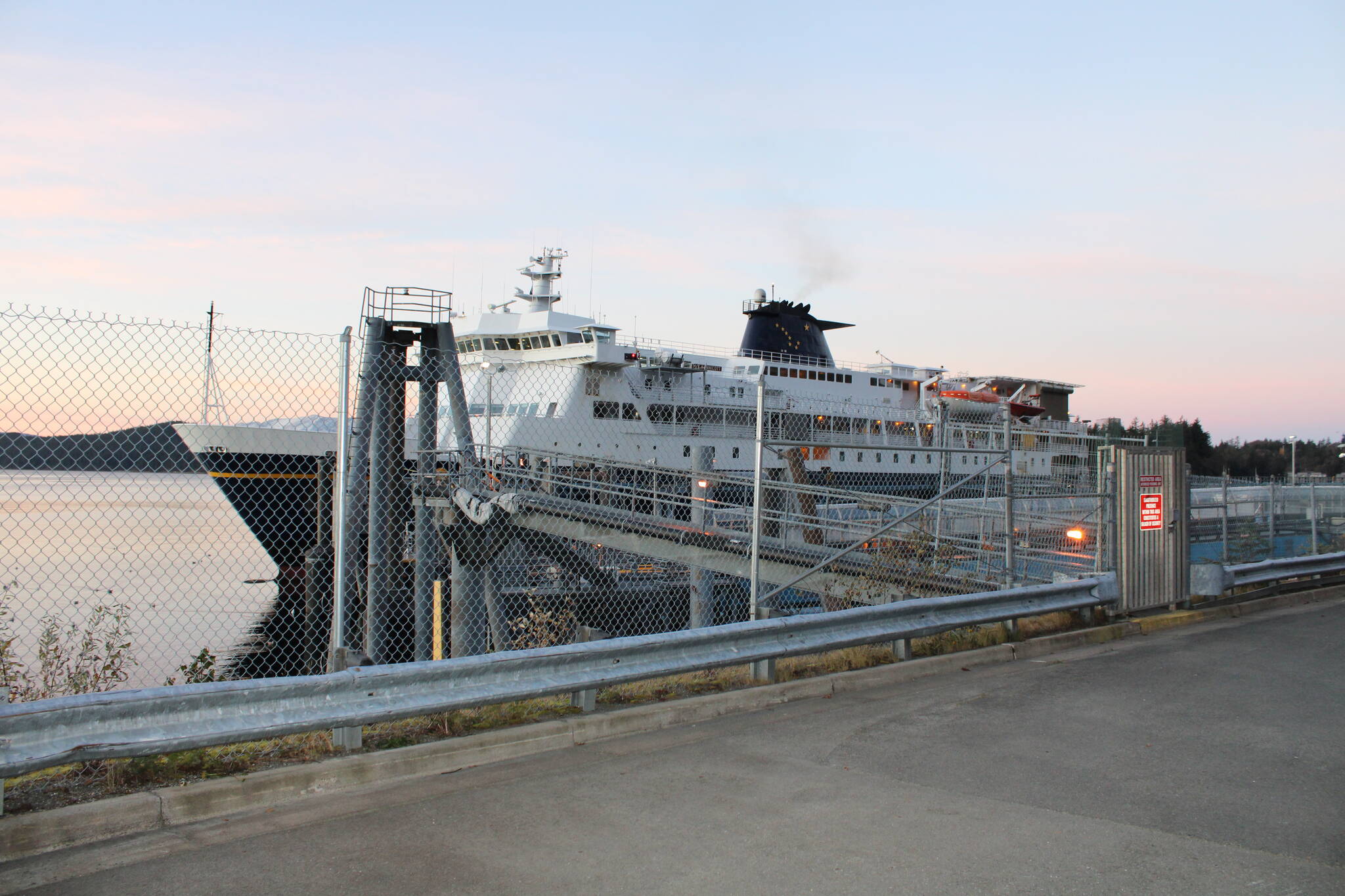Last week, Ryan Anderson, Commissioner of the Alaska Department of Transportation and Public Facilities, correctly identified “an aging fleet, a challenging fiscal environment, and most recently, a tightening labor market” as the serious problems faced by the Alaska Marine Highway System the past few decades. But he left out the biggest one—his boss.
[Opinion: Now is the time to make sure we can “keep Alaska moving”]
In 2018, Mike Dunleavy ran for governor telling voters that he’d ensure AMHS remained the “backbone of transportation in Southeast.” But in office he tried to dismantle it.
Six weeks after being sworn in, Dunleavy issued an Administrative Order establishing the Alaska Marine Highway Reshaping Work Group. Of the eleven options they were charged with examining, seven were focused of privatizing some or all of the system. One involved “giving all vessels and terminals to a private entity to run whatever service they can justify economically.”
If the system was to be subsidized by the state at all, it couldn’t exceed $24 million. Dunleavy put that figure into the first state budget he proposed a few weeks later. It represented a two-thirds reduction to the AMHS budget.
The Legislature didn’t buy it, but the compromise still reduced it by over $30 million, resulting in no winter service to Cordova and drastically reduced service to Kodiak, Hoonah, Angoon and other small communities.
The following winter, the then 56-year-old MV Malaspina was scheduled for a major overhaul. Instead of awarding a contract to get the work done, the ship was put into long-term layup. It never returned to service.
About the same time the state’s two fast ferries were taken out of service. Last year they were sold for a less than a tenth of what they cost in 2003.
The new Alaska Class Ferries should have partially offset the loss of those vessels. But they were constructed without crew quarters and side doors compatible with state ferry terminals. In 2017, former Gov. Bill Walker proposed spending money to fix those problems. Dunleavy vetoed $17 million the Legislature approved for that purpose.
In every decision he made, it seems Dunleavy was betting that the Reshaping Group would justify shifting the ownership and operation of the system to the private sector. By the time they concluded that none of those options could be implemented without significant reductions in service or a subsidy much higher than $24 million, enough damage had already been done.
Making the system unreliable for travelers also added insecurity to its workforce. And in the tight labor market, that translated to difficulties staffing every vessel with full crews, which further reduced reliability as even more sailings had to be canceled.
At one point, the combined effect of inadequate funding, a reduced fleet and unexpected breakdowns left the system with only one ferry running. The M/V Lituya was making its 16.5-mile trip between Ketchikan and Metlakatla. Without ferries sailing anywhere else, some communities were forced to charter boats that could only carry passengers.
As Anderson points out, this past winter it was the state that “took extra steps to fill the service gaps” by contracting for passenger only ferries. He portrays it as an innovative solution for when mainline vessels are laid up for overhauls. But that hadn’t been necessary before because under every one of Dunleavy’s predecessors, AHMS had enough funding and enough fully functional ferries to maintain a reasonably robust winter sailing schedule with minimal disruptions.
Looking forward, any optimism begins with the 1.2 trillion Infrastructure Investment and Jobs Act that Congress passed last year. It includes $1 billion for essential ferry service to rural Alaskan communities. And for the first time ever, the state can use federal highway funds for AMHS operations and repairs.
As part of the bipartisan senate group that negotiated the bill, Sen. Lisa Murkowski is responsible for those provisions. But Andersen wants Dunleavy to get credit for the turnaround. So he didn’t mention her or the bill.
What he wrote last week is best described as an endorsement of a second term for his boss. As such, he doesn’t have to acknowledge the incompetence of the past three years. But unlike the way Orwell’s imagined Ministry of Truth functioned, he can’t change the written record from Dunleavy went to war against Alaska’s ferry system to Dunleavy has always been its best friend.
• Rich Moniak is a Juneau resident and retired civil engineer with more than 25 years of experience working in the public sector. Columns, My Turns and Letters to the Editor represent the view of the author, not the view of the Juneau Empire. Have something to say? Here’s how to submit a My Turn or letter.

